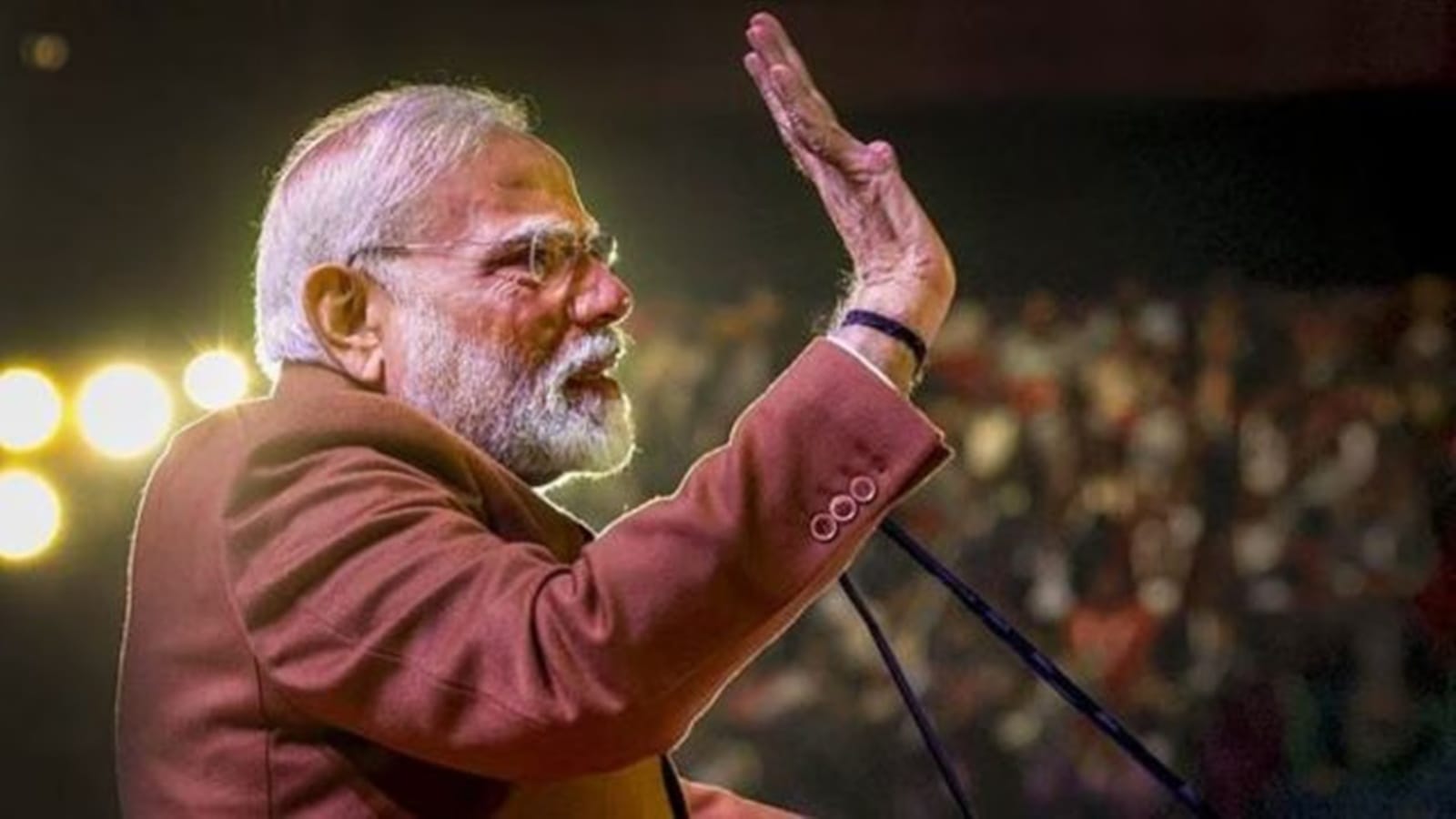 |
|
Prime Minister Narendra Modi's recent appearance on Zerodha co-founder Nikhil Kamath's podcast, "People," sparked significant attention, focusing primarily on the crucial role of stepping outside one's comfort zone for personal and professional advancement. The two-hour conversation covered a wide range of topics, from Modi's upbringing in Gujarat to his political career, but the recurring theme of embracing risk and challenging oneself resonated strongly. Modi's assertion that "most people fail in life because they get used to their comfort zone" underscores a central tenet of his message: stagnation breeds failure, while embracing uncertainty fuels success. This assertion is further strengthened by his candid admission that even he, a seasoned leader, believes his "risk-taking capability has not been fully utilized." This self-reflection adds a layer of authenticity to his message, making it relatable even to those who might initially perceive his position as distant or unattainable.
The article further bolsters Modi's message by including expert opinions from clinical psychologists Divya Ratan and Kamna Chhibber, who both emphasize the significance of stepping outside one's comfort zone for personal growth. Ratan highlights the benefits of adaptability, skill acquisition, confidence building, and broadened perspectives that come from embracing new experiences. Chhibber similarly points to the development of resilience, coping mechanisms, and innovative thinking as outcomes of confronting challenges. This expert reinforcement strengthens the core message, moving beyond a mere political statement and grounding it in established psychological principles. The inclusion of Dr. Sonal Anand, a psychiatrist, adds another layer of credibility, emphasizing that expanding one's comfort zone becomes a necessity when personal growth stagnates or self-dissatisfaction arises. While acknowledging the inherent human tendency to avoid stress, Dr. Anand stresses the importance of recognizing and addressing this tendency to foster meaningful change.
Beyond simply highlighting the importance of leaving one's comfort zone, the article also provides practical advice on how to achieve this goal. This practical approach transforms the message from a philosophical statement into a tangible roadmap for personal development. Dr. Anand's suggestions emphasize the importance of reassessing goals, fostering motivation, and accepting that setbacks are an inevitable part of the process. The advice further suggests a gradual approach, advocating for incremental changes to minimize overwhelm and promoting self-awareness through careful goal definition and a realistic assessment of possibilities. Building a supportive network is also highlighted as a crucial aspect of successfully navigating this journey, emphasizing the value of encouragement and guidance from others. This blend of psychological insights and practical advice converts the article from a mere political statement into a self-help guide, increasing its relevance and applicability to a broader audience.
The inclusion of multiple expert voices provides a well-rounded perspective, validating Modi's central message through established psychological frameworks. The article cleverly blends a political narrative with a practical self-improvement guide, making it engaging and informative for a wide range of readers. While initially presented through the lens of a political figure's public statement, the article ultimately transcends this initial framing by offering actionable advice and psychological support for individuals seeking personal growth. The strategy of integrating expert opinions not only lends credibility to the message but also enhances its accessibility and practical application. The structured approach, moving from the initial political context to the practical steps for personal growth, makes the article more comprehensive and persuasive.
